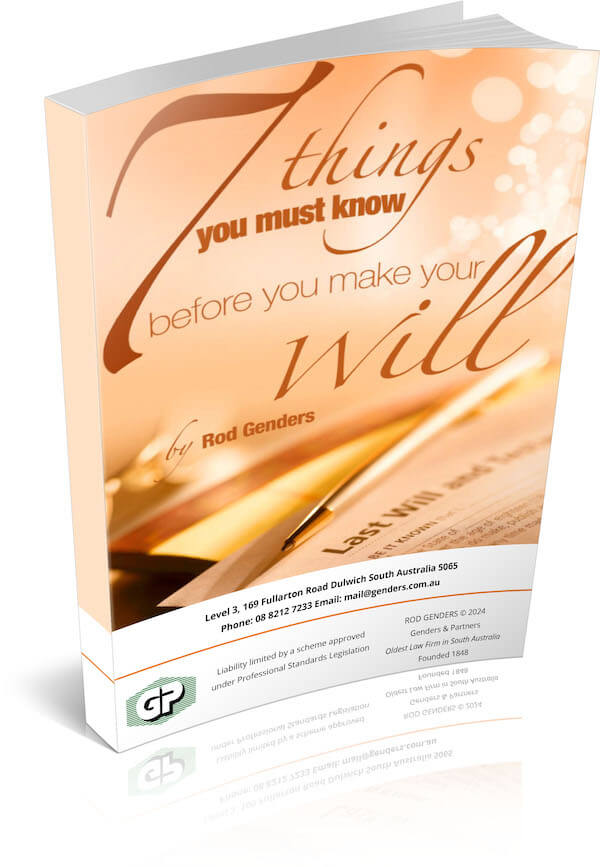
Australia now has its first female Prime Minister. The glass ceiling has at last been shattered. But what does this mean for the federal budget, and how might this affect your estate planning?
Bear with me for a minute, as we explore some of the possibilities.
That the new PM is female is largely irrelevant to these considerations. But the change of Prime Minister allows the government to distance itself from some of the more unpopular policies of the outgoing PM Kevin Rudd, notably the Mining Tax.
The 40 per cent resource super profits tax – known as the Mining Tax – was the single biggest tax impost since the introduction of the GST.
This new tax on mining profits was supposed to be worth up to $12 billion a year, and was the government’s funding mechanism to boost the retirement savings of workers, lower business taxes and build infrastructure – while still leaving room for the other $2.6 billion in election promises.
This hugely unpopular tax was the underpinning of the government’s plan to return the federal budget to surplus. Mr Rudd’s popularity (and by association the popularity of the federal Labor party) plunged, largely because of this tax. Now that the Labor party has dumped Mr Rudd, they have a real dilemma to overcome: if they keep the unpopular Mining Tax, their prospects of retaining government are poor. But if they dump the tax, then they will have a $12 billion black hole in their budget. Where will they find the money then?
You might recall previous warnings that the Henry tax review included recommendation #25 that “an estate tax may be the best model for Australia…It accords with a tax system structure under which income savings are subject to relatively uniform low rates of tax and … would be simpler to administer and more economically efficient …”
Australia abolished the estate tax federally in 1979, but is one of the few western nations not to currently have this type of tax. UK, Ireland & USA all have them.
So … if the government cannot get the $12 billion it needs to fund its budget, is it unreasonable to suspect that some form of estate tax might be in our futures? After all, the Baby Boomers are seen as having all the money.
Mr Rudd was seen (rightly or wrongly) as lacking courage & leadership by trying to “duck” some tough decisions (such as the Emissions Trading Scheme). Only 3 of the 132 recommendations from the Henry Tax Review were adopted by Mr Rudd as PM.
But if history is any guide, pretty much all the courageous changes proposed in the Henry tax review will be implemented … eventually.
Some leading commentators have said that we’ll end up with a congestion tax on cars, much higher tax on wine, land tax on the family home, higher tax on capital gains, cutbacks in negative gearing, a tax on bequests and annual increases in petrol tax.
This is why we must all take care to maintain our estate plans. Big changes could be coming. For expert guidance on Estate Planning in Adelaide and all over South Australia, come to Genders & Partners.
Rod Genders is a senior Australian lawyer specialising in estate planning and accident compensation. His boutique specialist law firm is one of the oldest and most respected in Australia – visit it at www.genders.com.au . Rod is also a prolific author and speaker. Some of his articles and books on Wills, Probate, Trusts, Estate Planning, Asset Protection and Retirement Planning may be found at www.genders.com.au/adelaide-lawyer-blog/.
SPECIAL REPORT “7 Things You Must Know Before You Make Your Will”
In this report you will Learn:

Why home-made Wills can be a LOT more expensive than you might think.
The secret weapons used by the rich & powerful to protect their assets, and transfer their wealth two or three generations ahead.
How Estate and Trustee Companies make BIG money from “free” Wills.
The Most Common Estate Planning Mistakes, how they can cost your family a fortune, and How to Avoid Them.
The Elements of a Sound Estate Plan – why a Will alone is not enough.
How to Make Sure Your Assets Stay in Your Family and are not lost to creditors, lawsuits or ex-spouses.
How to guard against challenges to your Estate after you’re gone.







